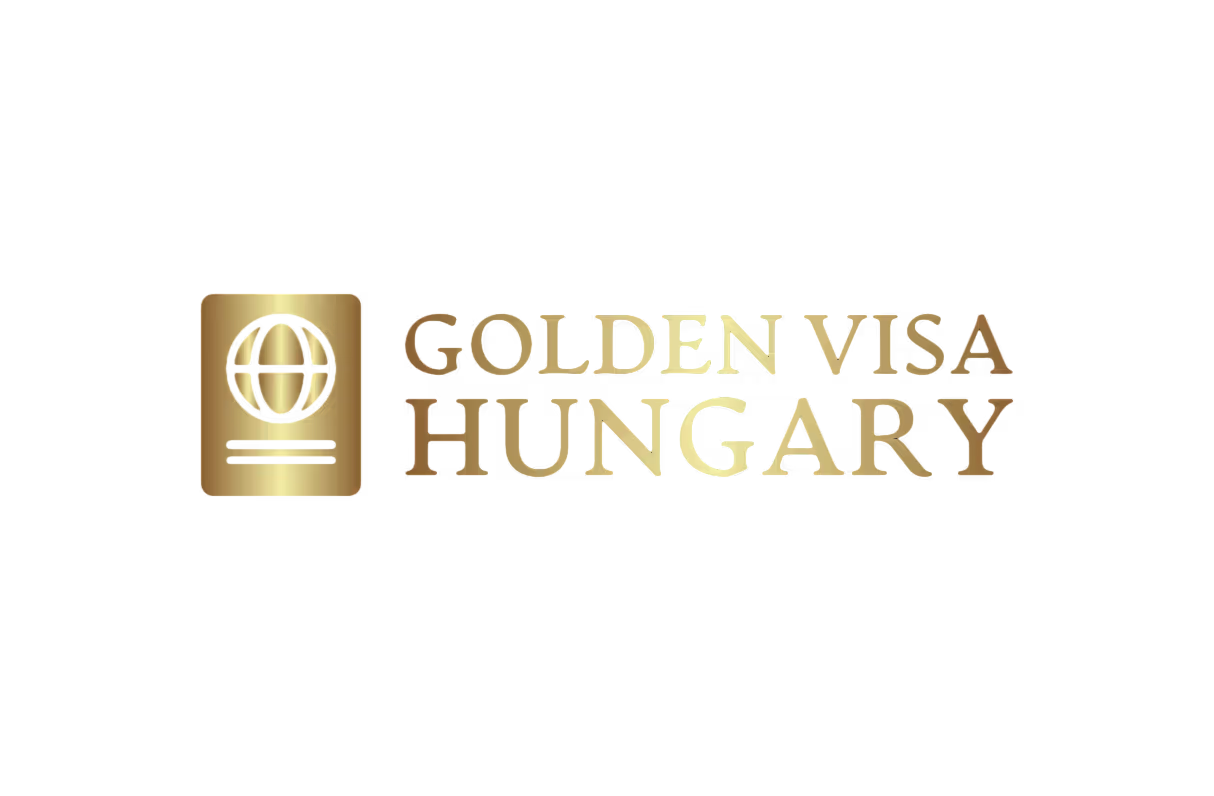

Entrepreneurs seeking growth in European markets will find the Hungary Golden Visa program an attractive pathway to secure EU residency while optimizing their operations. By committing capital to an approved Hungarian investment fund, non-EU nationals obtain a ten-year residence permit that can be renewed once, granting both business advantages and long-term stability.
Hungary’s location at the heart of Europe positions companies within easy reach of over 450 million consumers and well-developed transport corridors. A stable macroeconomic environment with steady GDP growth and moderate inflation underpins business confidence, while government incentives for research and development and the presence of special economic zones further reduce operating costs. Together, these factors create a fertile ground for enterprises to scale up, collaborate internationally and tap into new customer bases without the high overheads seen in Western Europe.
A defining feature of the Hungary Golden Visa initiative is its exceptionally tax-friendly framework. Corporate entities in Hungary benefit from a nine percent flat corporate tax rate, easily the lowest among EU member states, enabling companies to retain a greater share of profits for reinvestment and expansion projects. Entrepreneurs and high-earning executives relocating under this program are subject to a fifteen percent flat personal income tax rate, which remains competitive when compared to the progressive income tax systems elsewhere in Europe. This fiscal advantage translates into significant cost savings, helping investors redeploy capital into innovation, recruitment and global market entry strategies.
Applicants may choose among several investment avenues to qualify for the Golden Visa. The most popular route involves a minimum contribution of €250 000 to a government-licensed real estate or equity fund in Hungary, a method prized for its liquidity and professional management. For those preferring tangible assets, investing in Hungarian real estate that meets specified thresholds remains an option, although current regulations can affect timing. A third pathway consists of making a philanthropic donation to a recognized Hungarian university endowment, which appeals to investors seeking a legacy impact alongside residency rights. Despite these varied choices, each option carries the same entitlement to a decade of EU residency.
The application process has been designed for speed and transparency, with most formalities handled entirely online. After an initial pre-assessment based on basic eligibility documents, applicants arrange their investment and secure proof of fund transfer or property purchase. A digital submission of passports, financial records, clean criminal certificates and health insurance documentation follows, typically resulting in approval and the issuance of a ten-year residence card within three to six months. Fixed government fees and clear procedural guidelines eliminate unpleasant surprises, ensuring entrepreneurs can focus on strategic planning rather than bureaucratic hurdles.
Beyond its business and fiscal incentives, the Hungary Golden Visa delivers meaningful lifestyle benefits for families. Successful applicants can include spouses and dependent children, granting them equal residency rights. Hungary’s capital city boasts a growing network of international schools and reputable state universities offering EU tuition rates. Residents access high-quality healthcare services that often cost up to seventy percent less than in many Western European countries. With low crime rates and rich cultural offerings—from historic architecture to world-renowned thermal baths—Hungary provides an inviting environment for work-life balance and family well-being.
When compared to other Golden Visa programs in Portugal, Spain or Greece, Hungary emerges as a cost-effective choice with compelling tax incentives. Portugal’s real estate fund option starts at €350 000 and features a corporate tax rate of twenty-one percent alongside progressive income tax up to forty-eight percent. Spain’s property route requires a minimum of €500 000 in real estate investment and levies a corporate tax rate of twenty-five percent. Greece offers a lower threshold for government bonds but applies corporate rates near twenty-four percent and progressive personal income taxes approaching forty-four percent. In contrast, Hungary’s €250 000 fund investment and its flat tax regime represent considerable savings without compromising Schengen mobility or family inclusion.
Golden Visa holders receive visa-free access to the entire Schengen Area for ninety days within any 180-day period, facilitating effortless travel for client meetings, conferences and partnership development across Europe. From Budapest, major EU capitals like Vienna, Prague and Munich are reachable within a few hours by train or plane, enabling dynamic business engagement without additional visa requirements.
For entrepreneurs eager to establish a strategic foothold in Europe, the Hungary Golden Visa program delivers a blend of low investment thresholds, exceptional tax benefits and robust lifestyle support. To explore how your business can flourish under this residency framework, begin your application process today with Golden Visa Hungary and unlock the full spectrum of EU opportunities.